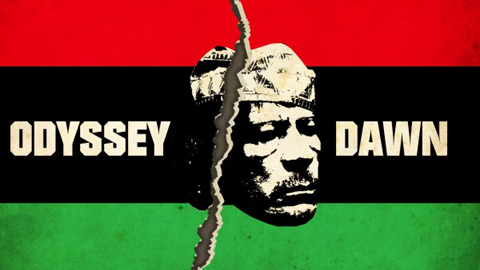“Odyssey Dawn”, where do they keep getting this stuff? In 2011, newspapers were tripping over themselves trying to come up with the most poetical explanation for the name of the new military operation in Libya. An odyssey is a long trip home, a journey towards democracy that has started to glimmer on the horizon over yonder blah blah blah. The interpretation of this name isn’t all that different from a literary critique: as long as the explanation makes some kind of sense, it doesn’t really matter what the writer’s true meaning was. What counts is what the readers read into it. That being said… let’s examine the facts about the true origin of the most thought-provoking war names.
The official explanation
Does “Odyssey Dawn” mean anything? Yes and no. Mostly no, though. Every new American military operation’s name gets appointed a first letter. In this case, the letter ‘N’ had already been used. It was O’s time. The authorised branch of the American army, the ‘African Command’ or ‘Africom’ in this case, chose from a list of words starting with ‘O’ (can you picture them googling ‘Words that start with an ‘O’?). The lucky winner turned out to be the word ‘odyssey’. According to official commentary, the second word is “as random as possible”, even if the first letter is also picked in advance. Your reaction to that allegedly random selection probably is: “Yeah right”. But ‘random’ in this case is also well-thought-out. This becomes clear when we take a look at the names of some old military operations. When the U.S. was still caught up in Vietnam, subtle names like “Operation Masher” were all the rage. But those names were the ones to leave a bitter taste in people’s mouths afterwards. PR-wise, they’re not exactly a treat. So the less your name reveals about anything, the less dirt they have on you afterwards. It’s better to go for “Operation Whatever” than “Operation Kill”.

The idea is to always be able to make the one running the operation look like the ‘good guy’. If we put the names on the Brandhome naming method grid for a moment, we can see that they want to veer as much as possible towards ‘fantasy’. But in reality they end up in the ‘associative’ category, mainly because of the practical impact they have in the media.

Didn’t they follow any rules when naming “Odyssey Dawn”, except from the first letter rule and – obviously – not using an existing brand name? Oh yes, they did.
The actual rules
Churchill, a notorious language obsessive, made some strict rules during WWII for naming military operations under his command. Those – paraphrased – rules were:
- No arrogant statements, but no meekness either
- No words used in daily conversation
- No names of any living military figures
- No hints towards the content of the operation or a name that takes away from the content of the operation (“… do not enable some widow or mother to say that her son was killed in an operation called ‘Bunnyhug’ or ‘Ballyhoo”, source: US Army Collage Quarterly)
- Good option: the names of Greek or Roman mythological heroes, constellations, etc. (provided they don’t conflict with the previous rules)
Pay extra attention to rule number 5. That good old Odysseus walked straight out of Churchill’s linguistic noggin, straight onto the 21st century battle scene.

But because Odysseus is too charged with a bunch of associations, thirstily bled dry by the press, a ‘random’ word is added to conjure up as little mental connections as possible.
When don’t the rules apply?
When it comes to ‘bigger’ operations, more attention is paid to the influence the names have on the public opinion. “Desert Storm” for example is a well-considered name with specific associations to the terrain and the operation’s goal. There’s nothing ‘random’ about it, make no mistake. In the grid above, this results in a noticeable shift to the left. For example, did you know that the name of the American ‘counter terrorism’ operation here in Belgium is “Operation Asparagus”? Well, it is a local produce but the question remains whether Churchill would have approved of this one.
It’s good to know that for more important operations a lot of names are put on the table, but just as many eventually don’t make the cut. Names that turn out to be a dud are even discarded mid-operation. For example “Operation Productive Effort”? Boooooring. At least the military officials agreed: a few days later the name of that particular operation was changed to “Operation Sea Angels”. How pretty does that sound? Yet once again, the French beat them to the poetic punch. Their involvement in the Libyan operation was named “Harmattan”, which means ‘a hot dry wind, blowing in the Sahara in the East”.
“Shall I compare thee to a Harmattan?”
“Sir, yes sir!”





